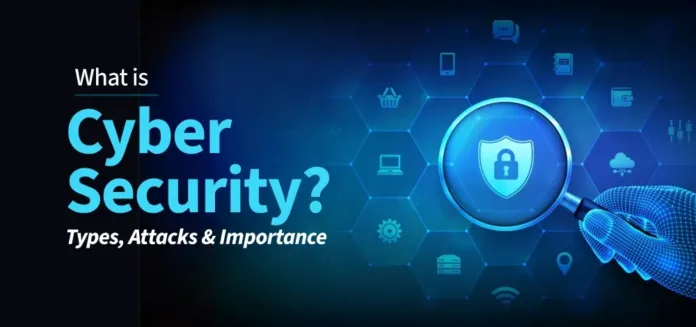In today’s interconnected world, protecting your personal information is no longer optional — it’s a necessity. With hackers, phishing scams, and data breaches becoming more common, digital security tips are vital for anyone using the internet. Whether you’re browsing social media, shopping online, or checking emails, simple cybersecurity steps can safeguard your identity, finances, and private life.
In this guide, we explore practical, everyday digital security tips that anyone can implement—no technical background needed.
Why Digital Security Matters
Most cybercrimes don’t happen because hackers are highly skilled—they occur because people overlook basic online safety measures. Weak passwords, outdated software, and careless clicks can all leave you vulnerable.
Online privacy protection isn’t just for large businesses or tech experts. Cyber threats target individuals, too, from seniors using online banking to students on social media.
1. Create Strong and Unique Passwords
One of the most overlooked cybersecurity habits is using strong, unique passwords for every account. If you reuse the same password and one account gets hacked, all your other accounts are at risk.
Use a mix of upper- and lowercase letters, numbers, and symbols.
Avoid using personal details like your name or birthdate.
Consider using a password manager to generate and store secure passwords.
Password security is your first line of defense.
2. Enable Two-Factor Authentication (2FA)
Two-Factor Authentication adds an extra layer of security. It requires not just a password, but also a second form of verification—like a code sent to your phone.
Many major platforms now offer 2FA, and turning it on drastically improves your personal data safety.
3. Be Wary of Phishing Scams
Phishing emails or messages often look legitimate but are designed to steal your data. Signs of phishing include:
Unfamiliar senders
Urgent messages demanding immediate action
Misspelled URLs and suspicious links
Never click on a link or download a file from a source you don’t fully trust. Practicing good internet safety for individuals includes knowing how to spot these red flags.
4. Keep Your Software and Devices Updated
Cybercriminals exploit outdated software because it lacks the latest security patches. To maintain strong online privacy protection, always:
Update your phone and computer OS regularly
Install software updates as soon as they’re available
Keep antivirus and anti-malware tools up to date
5. Use Secure Wi-Fi Connections
Public Wi-Fi networks are convenient but risky. Hackers can intercept your data on an unsecured network.
Avoid accessing sensitive information like bank accounts on public Wi-Fi
Use a virtual private network (VPN) when possible
At home, make sure your Wi-Fi is password-protected and encrypted
This is a simple but powerful digital security tip that can prevent unauthorized access to your data.
6. Limit What You Share Online
Oversharing on social media can expose you to identity theft. Always be mindful of:
Location check-ins
Birthdays, full names, or pet names (commonly used in password recovery questions)
Photos that reveal too much (e.g., a boarding pass or home address)
Being cautious helps enhance personal data safety and reduce your digital footprint.
7. Backup Your Data Regularly
In case of ransomware or accidental loss, having backups can save critical files. Use both:
Cloud storage (encrypted)
External hard drives
Ensure backups are done regularly and stored securely—this is a proactive cybersecurity habit often ignored until it’s too late.
8. Be Skeptical of Unfamiliar Apps and Links
Download apps only from trusted stores (like the Apple App Store or Google Play), and always read the permissions an app requests. Avoid clicking on ads, popups, or “too good to be true” offers.
This approach strengthens your internet safety for individuals and minimizes exposure to malware.
9. Educate Yourself and Others
Staying informed is a major component of digital safety. Make cybersecurity part of everyday conversation with friends and family. Help elderly relatives understand scams. Encourage kids to use the internet responsibly.
Knowledge is the most powerful cybersecurity tool you have.
Final Thoughts: Take Control of Your Online Safety
You don’t need to be an IT expert to implement solid digital security tips. Small, consistent actions can build a strong defense against cyber threats. By staying alert, updating your habits, and educating those around you, you create a safer digital environment for yourself and your community.
Cybersecurity is for everyone. Start protecting your digital life today.
